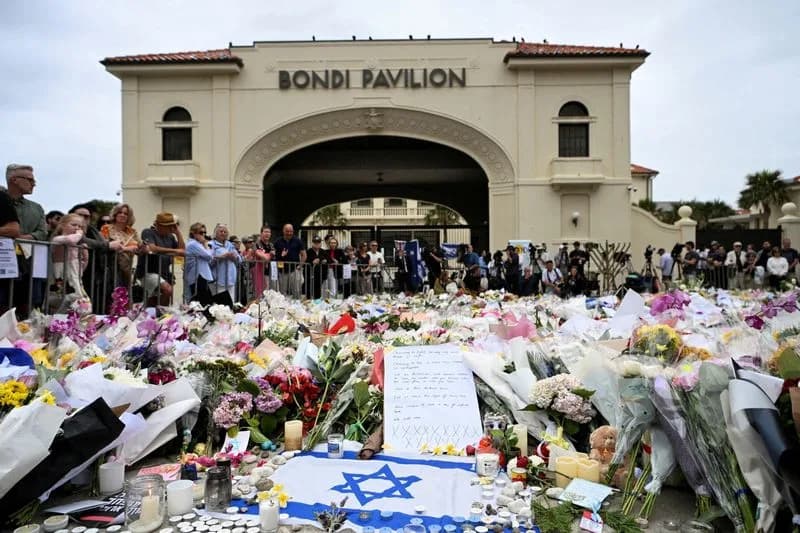Planned Felzmann sale in Neuss called off after diplomatic intervention and public protest
Poland’s Foreign Minister Radosław Sikorski announced that an auction of items linked to the Holocaust, scheduled by the Felzmann auction house in Neuss, Germany, has been cancelled following diplomatic discussions and sustained public criticism.
"I spoke with the German Foreign Minister @JoWadephul regarding the planned auction in Neuss of items from the time of German terror during the Second World War. We agreed that such a scandal must be prevented," Sikorski wrote on X in Polish, according to a translation.
In an English post, Sikorski added:
"Thank you, minister @JoWadephul, for the information that the offensive auction of Holocaust artifacts has now been cancelled. Respect for victims requires the dignity of silence, not the din of commerce."
According to reporting by The Associated Press, citing the German news agency dpa, the lots had included letters written by prisoners in concentration camps, Gestapo index cards and other documents produced by perpetrators. The planned sale drew swift condemnation from historians, survivor groups and memorial organisations.
The Fritz Bauer Institute issued a strong rebuke in a German-language press release, saying it "protests against the planned auction by the Felzmann auction house and fundamentally opposes any commercial trade in documents relating to Nazi persecution and the Holocaust. No business should be conducted with such documents," according to a translation.
Christoph Heubner of the International Auschwitz Committee described the auction as "a cynical and shameless undertaking" that left victims and survivors "outraged and speechless," and urged the auction house to show "basic decency" by cancelling the sale.
The controversy unfolded amid wider public reflection on Nazi crimes, including commemorations and warnings from elderly survivors about echoes of the past as Europe marks anniversaries such as Kristallnacht. The decision to call off the auction followed diplomatic contacts and sustained criticism from institutions dedicated to Holocaust remembrance and research.
Context and sensitivity: Dealers and auction houses often face complex ethical questions about selling historical material connected to atrocities. Scholars and memorial organisations argue that certain items—especially personal documents from victims—should not be treated as commercial objects but preserved for study, commemoration or appropriate archival care.
Sources: The Associated Press; dpa; public statements by Radosław Sikorski, the Fritz Bauer Institute and the International Auschwitz Committee.





























